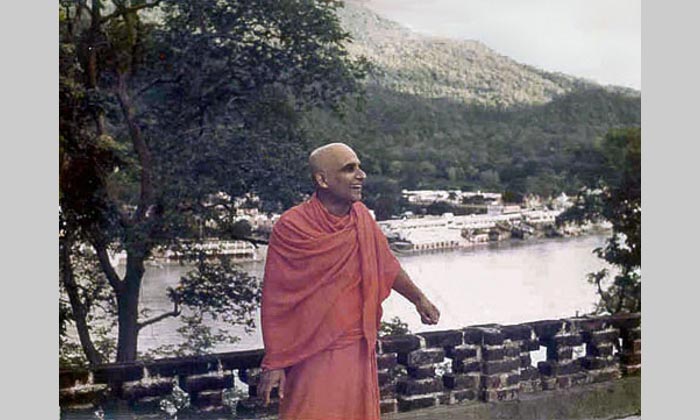What is Knowledge : Ch-6-17.
Chapter- 6:- Being in Balance with the World-17.
So, as I mentioned, apart from the body and the prana, you have the mental process of thinking, the understanding process of the intellect, and volitional activity of the will.
There is a fourth something which is called ‘ego’.
This is a very difficult thing to understand, and in Sanskrit it is normally translated as ahankara.
Thus, the psychic function includes manas, buddhi, chitta, ahankara – wherein we have to include the buddhi sakti, or the volitional process.
Manas is indeterminate thinking, intellect is determinate thinking, will is buddhi sakti, which is the power of action.
Then there are the principles of ego, and there is chitta, which is a Sanskrit word which cannot easily be translated into English.
Some people regard chitta as the subconscious – the principle by which you have a memory of things.
For the time being, you may just be satisfied that chitta means memory or the faculty of remembrance, and that is something directly connected with the subconscious.
You have to know what this subconscious is. Sometimes we are even told there is something called the unconscious. And there is the ego.
These things have to be very properly understood in order that you may know what you are expected to do in yoga practice as a step towards the freedom of your psychophysical personality and the freedom which you hope to attain in the sense people generally call Liberation, or the attainment of Eternal Life.
Chapter-6. Discussion ENDS.
Next : Chapter 7: Yoga Discipline
Swami Krishnananda
To be continued .....





Comments